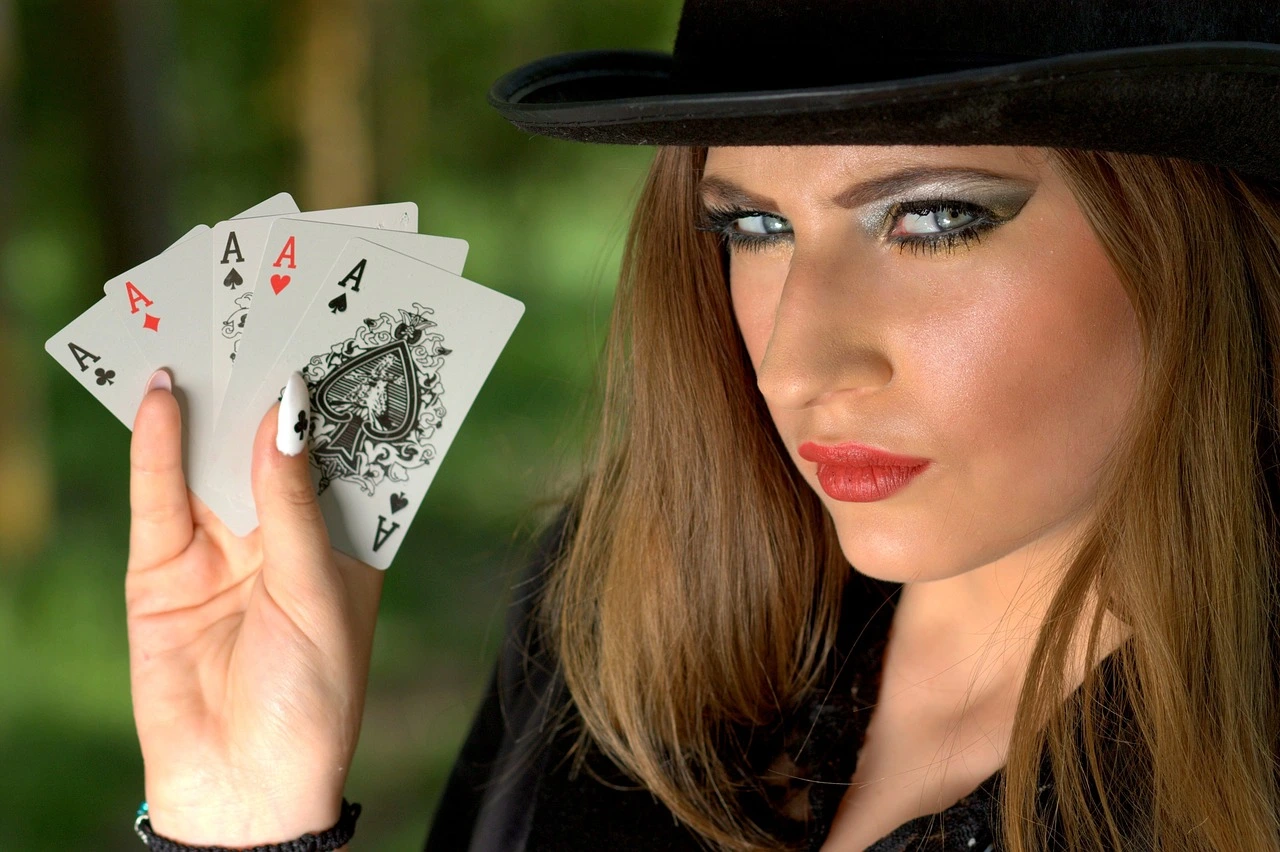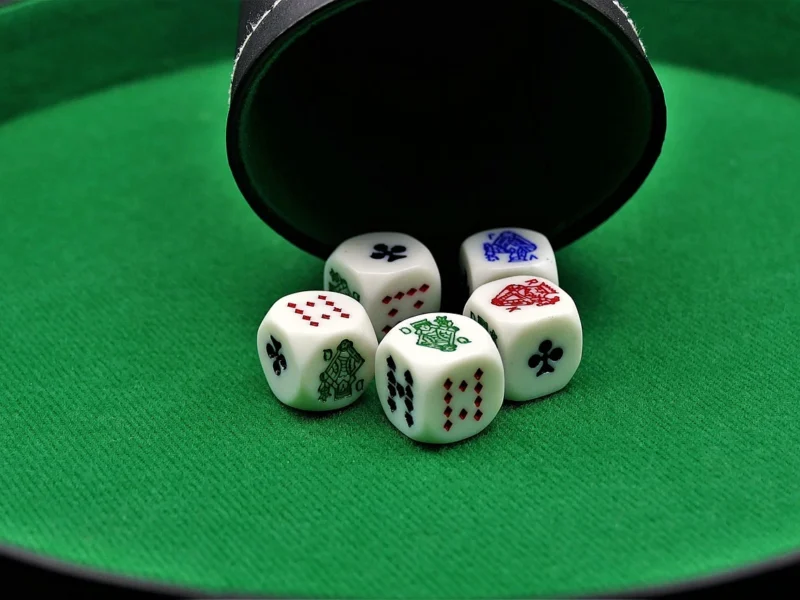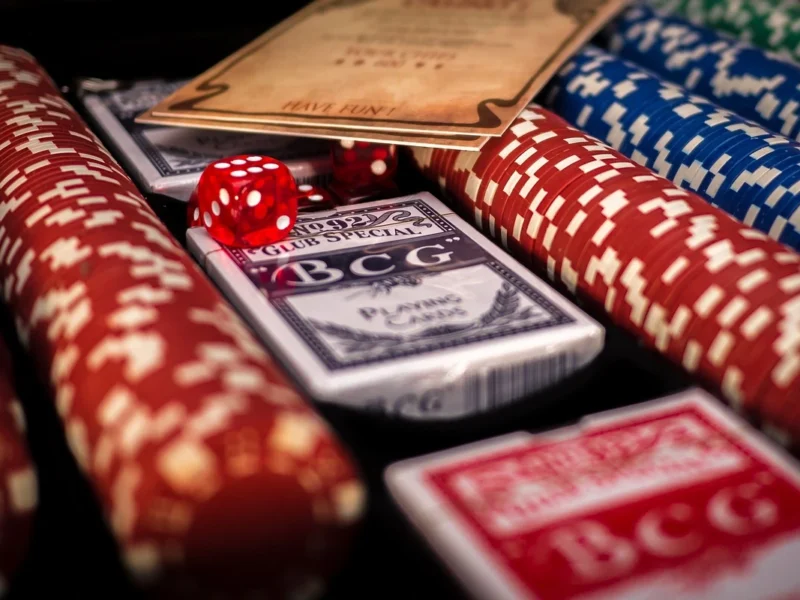In the vast realm of poker, where tables are arenas and chips are battle currency, Heads-Up poker stands as the epitome of intimate warfare. A one-on-one confrontation where every move, every nuance, and every calculated decision shape the destiny of the chips in play. Join us as we delve into the intricacies of Heads-Up poker, exploring the dynamics, strategies, and psychological ballet that unfolds on this intimate battlefield.
The Essence of Heads-Up Poker: A Duel of Minds
Heads-Up poker, often referred to as “H2H” or “HUSNG” (Heads-Up Sit and Go), distills poker to its purest form—a duel between two minds, two strategies, and two sets of hole cards. Unlike the chaos of a full table, where the battlefield is crowded and strategies must accommodate multiple adversaries, Heads-Up poker demands a level of precision, adaptability, and psychological acumen unparalleled in other poker formats.
The Anatomy of Heads-Up Dynamics
Intimate Battlefield: Heads-Up poker is an intimate affair, a duel played out on a single table with just two combatants. This close-quarters setting eliminates the luxury of anonymity and amplifies the importance of player reads and psychology.
Blind Structure: The blinds in Heads-Up poker are in constant motion, making position a dynamic force. With each hand, the button becomes both a coveted asset and a potential liability, influencing the flow of the battle.
Polarized Ranges: In Heads-Up play, hand ranges become more polarized. Marginal hands that might be playable in a full-ring game gain significance, while premium hands become even more valuable. The range of playable hands expands, requiring a nuanced understanding of starting hand selection.
Aggression Amplified: Aggression is not just an option; it’s a necessity in Heads-Up poker. The dynamics favor the aggressor, and every bet or raise serves not only as a tactical maneuver but as a psychological probe into the mind of the opponent.
Strategies for Heads-Up Success
Adaptability: Heads-Up poker demands adaptability. Successful players have the ability to swiftly adjust their strategy based on their opponent’s tendencies, the flow of the game, and the evolving blind structure. Rigidity is the enemy; adaptability is the ally.
Dynamic Aggression: The aggressor often dictates the pace in Heads-Up play. However, it’s crucial to maintain a dynamic approach to aggression. Shifting between controlled aggression and well-timed traps keeps the opponent off balance and prevents predictability.
Positional Awareness: Position is dynamic in Heads-Up poker, with the button switching after every hand. Astute positional awareness allows a player to exploit the vulnerabilities of their opponent while minimizing their own exposure to risk.
Mind Games and Psychology: Heads-Up poker is a psychological battlefield. Players engage in a constant dance of deception, trying to read their opponent’s intentions while concealing their own. Understanding and manipulating the psychological aspect of the game is a key component of success.
Range Balancing: Balancing your hand range is essential in Heads-Up play. A balanced range keeps opponents guessing and prevents exploitation. Knowing when to mix in bluffs and when to value bet is crucial for maintaining range balance.
Navigating the Psychological Minefield
The Battle of Wits: Heads-Up poker is not just a battle of cards; it’s a battle of wits. Every action, every pause, and every bet is laden with psychological significance. The ability to decipher the intentions of an opponent and control the narrative of the battle is a skill that transcends mere card proficiency.
Tilt Management: The impact of tilt is magnified in Heads-Up play. A single bad beat or misstep can have profound consequences. Effective tilt management, maintaining composure, and staying focused on the strategic aspects of the game are crucial elements of Heads-Up success.
Reading Patterns: With just one opponent to observe, the ability to read patterns becomes more pronounced. Recognizing betting patterns, spotting deviations, and adjusting your strategy accordingly are vital skills in deciphering the puzzle of Heads-Up poker.
Heads-Up Legends and Iconic Duels
Stu Ungar: The legendary Stu Ungar was a master of Heads-Up play. His intuitive understanding of opponents, coupled with unmatched card skills, led him to consecutive victories in the World Series of Poker Main Event in 1980 and 1981.
Phil Ivey vs. Andy Beal: The high-stakes Heads-Up battles between poker prodigy Phil Ivey and billionaire Andy Beal in the mid-2000s became the stuff of poker legend. The swings, the bluffs, and the strategic brilliance showcased the intensity and drama that Heads-Up poker can deliver.
Challenges of Heads-Up Play
Mental Fatigue: Heads-Up battles can be mentally exhausting. The constant need for focus, decision-making, and the psychological warfare can take a toll. Endurance and mental resilience are essential attributes for Heads-Up success.
Vulnerability to Reads: With only one opponent, the risk of being accurately read is heightened. Skilled opponents can exploit weaknesses and adjust their strategy accordingly. Maintaining unpredictability while deciphering the opponent’s intentions is a delicate balancing act.
The Future of Heads-Up Poker
As poker evolves, so does the landscape of Heads-Up play. Online platforms offer a plethora of Heads-Up games, providing players with opportunities to refine their skills and engage in battles with opponents from around the world. The future promises continued innovation, with Heads-Up formats adapting to the preferences and demands of the evolving poker community.
Conclusion: The Art and Science of Heads-Up Mastery
Heads-Up poker is the confluence of art and science, where strategic brilliance merges with psychological acuity. It is a format that lays bare the essence of poker—skill, intuition, and the ability to navigate the complex interplay of cards and minds. As you step onto the intimate battlefield of Heads-Up play, remember that victory is not solely determined by the cards you hold but by the artful dance of strategy and psychology that unfolds in this singular and captivating poker arena


